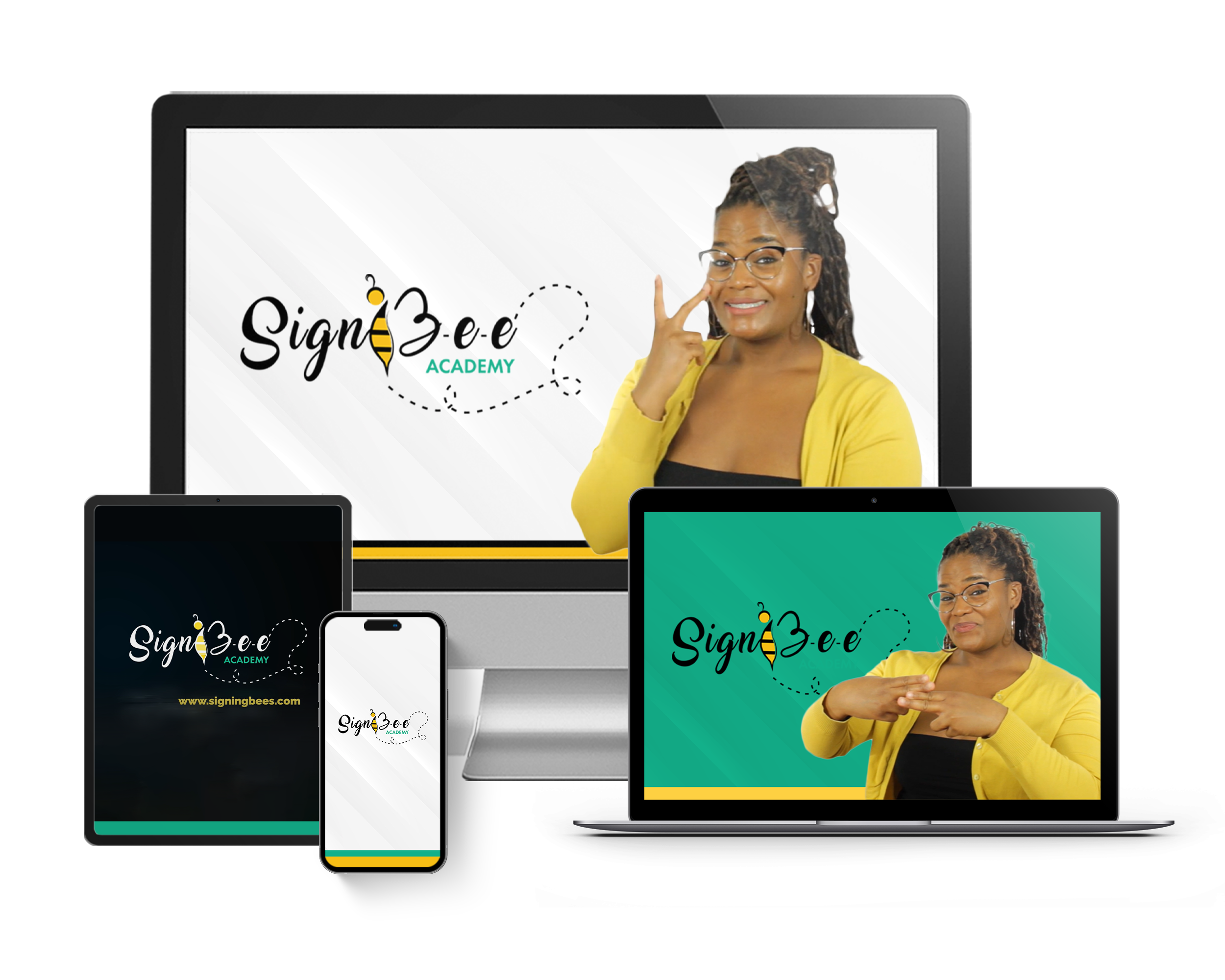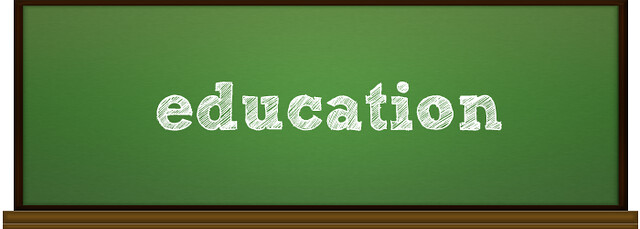People have some misconceptions regarding those who are deaf that they are unaware that some of their beliefs and notions are sayings that have been passed down orally through generations without any supporting evidence.
Let’s look at some of the misconceptions and stereotypes you may have regarding deaf individuals as you would not want to say something in public that turns out to be both awkward and disrespectful.
Any Baby With Hearing loss Inherited It
When you see babies who suffer from any level of hearing loss, it does not automatically mean the cause is genetic. Sometimes there are other factors responsible or that are working in combination. It could be a result of an infection, a negative drug reaction during pregnancy, or complications during childbirth.
Deaf People Are Rude
A lot of this misconception comes from the inability of those who can hear to understand the manner of communication of deaf individuals. They prefer to be direct when they communicate, especially with sign language. This directness is what is mistaken for rudeness.
All Deaf People Can Use Sign Language
As effective as ASL is, not all deaf people can use sign language. For language to be used, it has to be taught. Therefore, if a deaf individual has not been taught to sign, he or she does not automatically know how to sign just because they are deaf.
It Is a Lot of Work to Interact With Deaf People
Generally, individuals who are deaf or hard of hearing are fewer than the hearing population, being that this is the case, you find that those who can hear (the majority) struggle to make effort to learn ways to communicate with the deaf. As a result, when they come across deaf individuals they struggle to communicate with them and thus conclude that it is hard to interact with them.
Just as you cannot speak French with a man who understands only German, you cannot interact with a deaf individual if you do not understand their means of communication. Rather than allowing this misconception to fester, and avoiding deaf individuals, why not make plans to learn to communicate with them beforehand?
Deaf Individuals Are Not Really Intelligent
Whoever said that intelligence was tied to our capacity to hear. It is wrong to conclude that deaf people are not intelligent just because they are deaf.
According to the Drever and Collins test carried out in the early nineties, the first test done to contradict this misconception, the 200 deaf and 200 hearing children measured (excluding the language factor) were found to be almost equal in mental ability. Since then more tests have been conducted to prove this misconception false.
Deaf Individuals Are Unable to Listen to Music
Image by starline on Freepik
There is no doubt you are shocked about this piece of information, wondering how this is even possible. Are you familiar with Beethoven? How did he compose music when he got deaf? Well, for the deaf, their brain works differently when it comes to sound. Thus it is safe to debunk the notion that deaf individuals are unable to listen to music. Their experience is only just different.
All Deaf Individuals Are Dumb
For deaf individuals who were born deaf, it is harder for them to communicate with spoken language than those who already know how to speak but became deaf later in their life. This is because there is a link between our hearing and our speech.
This does not in any way mean that deaf individuals lose their complete ability to speak. With proper and regular speech training/therapy, assistive hearing devices, or aural training, a deaf person can be taught to speak.
All Deaf Individuals Can Read Lips
Lip reading is not a natural gift of the deaf as some people think it is. It is a skill, a communication technique that has to be learned and practiced. To understand and communicate with the hearing population which happens to be the majority, deaf individuals learn to read lips, for some, from childhood. That is why some deaf people are more skilled than others in reading lips. Others simply communicate using ASL, because that is what they learned and are used to.
Deaf Individuals Are Short-tempered
The anxiety that deaf individuals express when faced with communication barriers is what has over time been mistaken for short-temper. The truth is that deaf individuals are no different from people who can hear. When afraid or faced with uncertainty, human beings generally want to get out of uncomfortable situations as quickly as possible.
Next time you are faced with a deaf individual, take notice of yourself. You might be the short-tempered one.
Deafness and Hard of Hearing Are the Same
How many times have you addressed a person who is hard of hearing as deaf? Well, it is time you understood the difference between both terms. A person with mild hearing loss, with residual hearing that can be picked by hearing devices, is said to be hard of hearing. Whereas a deaf person is one with profound hearing loss. Therefore, it would be wise not to assume that someone who can hear a bit but not very well is deaf the next time you encounter them.
Conclusion
As you went through these misconceptions discussed in this article, what was going through your mind? Did any of it make you feel like you have been clueless concerning the concept of deafness this entire time?
Every day presents us with learning opportunities. Consider this article a learning experience and work to overcome any negative stereotypes you may have about the deaf.
By making an effort to interact with the hard of hearing and deaf people around you, you can rid yourself of any of these misconceptions or stereotypes, and one sure way to do this is by learning ASL.
Several ASL resources are available at SignBee Academy to assist you in learning ASL and communicating effectively with those who are deaf or hard of hearing around you.
Thumbnail Photo Credit to: Image by Sicily87 on Freepik






